
Music shapes memories faster than teenagers switch TikTok trends. Behind those catchy radio hits often lurk origin stories darker than that mysterious stain in your Uber. What seems like upbeat party anthems sometimes mask tragedies, controversies, and scandals that would make reality TV producers jealous. Understanding these backstories enhances the listening experience similar to how knowing spoilers ruins a Marvel movie—except in reverse.
10. Love Rollercoaster – Ohio Players

A high-pitched scream in “Love Rollercoaster” sparked rumors wilder than any conspiracy theory subreddit. Urban legend suggests the 1975 funk hit captured a murder when the album cover model met her doom during the session. Fans became obsessed with this macabre tale, though Snopes and other sources have thoroughly debunked it as classic 70s folklore.
Band members, playing it cooler than your friend who “knows a celebrity,” neither confirmed nor denied the tale for years. Such ambiguity helped transform their hit into the musical equivalent of Schrodinger’s cat—simultaneously innocent and sinister—boosting sales faster than gas prices during a holiday weekend.
9. Macarena – Los Del Rio

Remember doing the Macarena at every 90s wedding, school dance, and mandatory family function? Few people realized they were dancing to a song about a woman cheating on her boyfriend with TWO of his friends while he’s away at basic training. Somehow, grandmothers and kindergarteners synchronized perfectly while celebrating infidelity. Both Spanish and English versions make this narrative clear.
Once the Bayside Boys remix added English lyrics, they spelled out the betrayal even more explicitly, yet nobody stopped dancing. Perhaps the greatest trick in pop music history involved getting millions to celebrate romantic treachery while forming conga lines at cousin Becky’s bat mitzvah.
8. Tears in Heaven – Eric Clapton
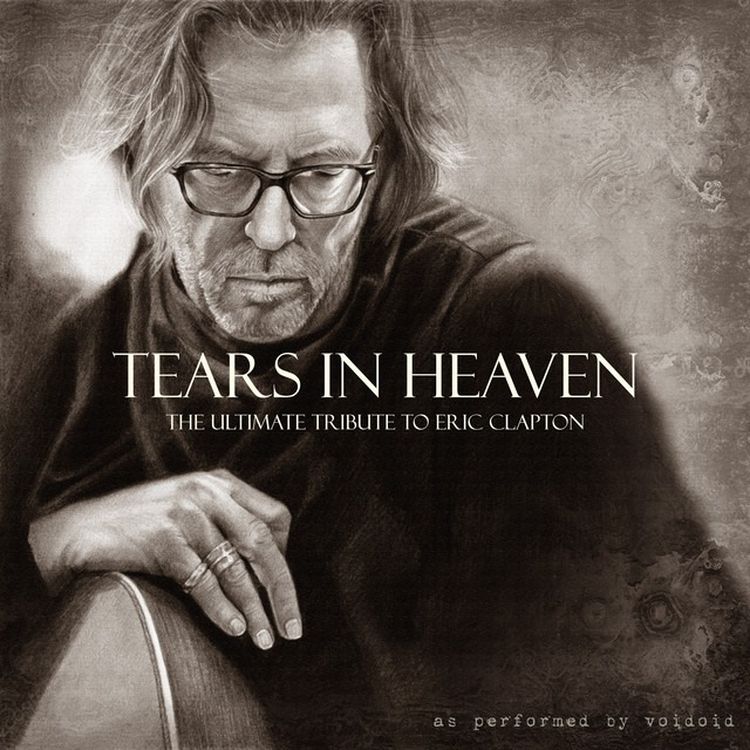
Behind the gentle melody of “Tears in Heaven” hides grief as deep as the Mariana Trench. Eric Clapton wrote this emotional ballad following the death of his four-year-old son, Connor, who fell from a 53rd-floor New York apartment window in 1991. Initially appearing in the Rush soundtrack, it later became Clapton’s personal memorial.
Heart-wrenching lyrics explore parental loss with devastation hitting harder than the ending of “Marley & Me.” Every note carries the weight of a father processing unimaginable tragedy, creating a timeless elegy resonating with audiences worldwide. Clapton has confirmed this inspiration in numerous interviews over the years.
7. Paper Planes – M.I.A.
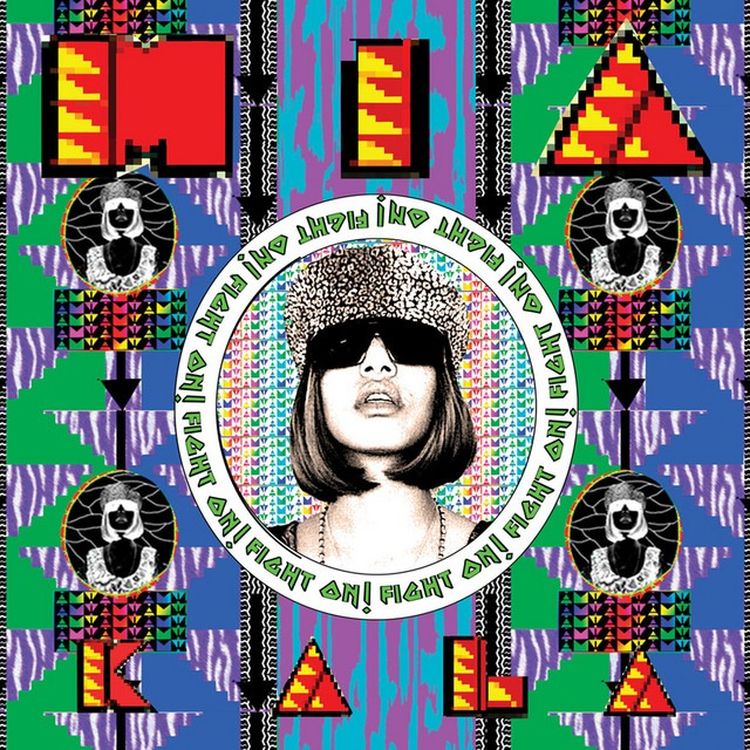
M.I.A.’s “Paper Planes” serves political commentary hot enough to trigger Fox News and CNN simultaneously. Her 2007 hit brilliantly satirizes immigrant stereotypes using sounds of gunshots and cash registers—subtle as a caffeinated squirrel. Catchy beats mask biting criticism of how foreigners get labeled as criminals and scammers.
British-Sri Lankan artist drew from her own visa nightmares with American immigration. Frustration transformed into a track somehow landing on workout playlists nationwide. M.I.A. has explicitly stated in interviews with NPR and The Guardian that the song represents xenophobic assumptions about immigrants. Only she could turn social commentary into a club banger that had people dancing while contemplating border politics.
6. Barracuda – Heart

Wilson sisters unleashed “Barracuda” with more fury than someone finding their leftovers eaten from the office fridge. Heart’s aggressive 1977 track responded to a sleazy publicity stunt by their record label, Mushroom Records, which spread rumors implying an incestuous relationship between Ann and Nancy Wilson.
Ann Wilson has publicly discussed how their anger morphed into one of rock’s most recognizable guitar riffs, proving rage makes better fuel than premium gasoline. Predatory fish metaphor perfectly captured music industry men circling young female artists—a problem as persistent as those “extended warranty” phone calls.
5. Chandelier – Sia

Beneath “Chandelier’s” party anthem exterior lurks a story darker than a basement with broken lights. Sia’s 2014 breakthrough hit chronicles her struggles with alcoholism and substance abuse, disguised in a beat so catchy it infiltrated shopping malls nationwide. Swinging-from-chandeliers imagery isn’t celebrating wild parties—it’s documenting self-destruction.
While releasing such deeply personal confession, Sia hid her face behind that signature wig like someone avoiding eye contact after an embarrassing text. Her song exposes fame’s toll more honestly than a celebrity apology video, turning private pain into public art without the Instagram filter. Sia has confirmed in Billboard and NPR interviews that the song reflects her personal battle with addiction.
4. You Learn – Alanis Morissette

Trauma transformed into wisdom faster than awkward moments become TikTok trends in Alanis Morissette’s “You Learn.” Her 1995 hit emerged during a period when she experienced an armed robbery that disrupted album production—an event she’s discussed in interviews including the “You Oughta Know” documentary. While the specific details have limited third-party reporting, Morissette has spoken about the profound impact this trauma had on her work.
Life lessons packaged neater than Marie Kondo folds t-shirts explore how painful experiences become growth opportunities. While most pop stars sang about romance, Morissette served philosophical resilience lessons, creating an anthem for anyone who’s ever said “that experience was horrible, but at least I learned something.”
3. 99 Luftballons / 99 Red Balloons – Nena
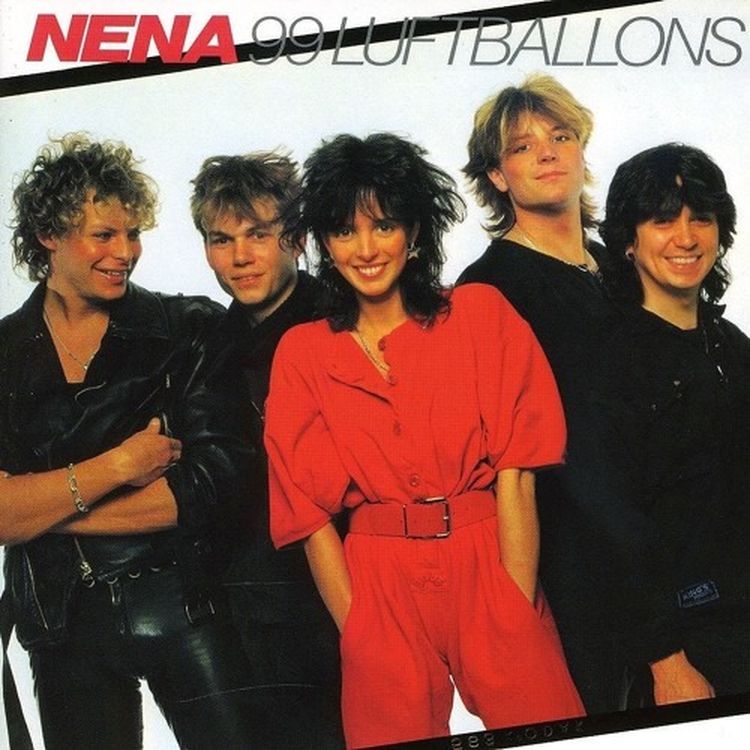
German band Nena turned innocent balloons into harbingers of nuclear apocalypse. Their 1983 hit imagines party decorations triggering military defense systems, escalating into full-blown war—essentially the Cold War version of that “escalated quickly” meme from Anchorman.
Catchy tunes masked serious warnings about trigger-happy defense systems during an era when world powers stared each other down like toddlers fighting over a toy. Lyrics explicitly describe military systems misinterpreting balloons as a threat, triggering catastrophic response. Somehow Nena created a perfect driving song about accidental nuclear annihilation, proving Germans excel at both great cars and oddly danceable doomsday scenarios.
2. Zombie – The Cranberries
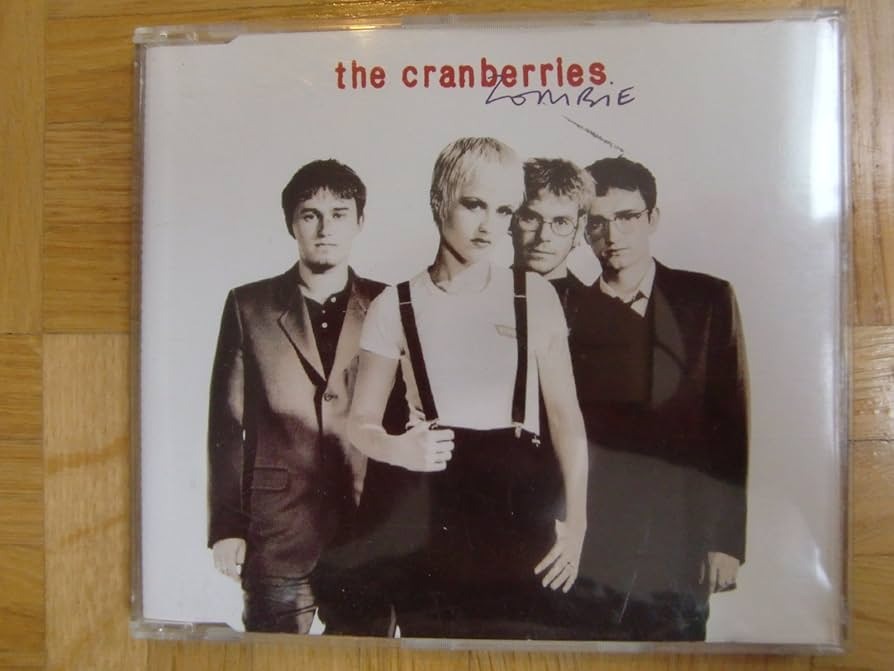
Cranberries delivered “Zombie” with more raw emotion than all seasons of “This Is Us” combined. Dolores O’Riordan wrote this protest anthem after a 1993 IRA bombing in Warrington killed two children, channeling outrage into a track so powerful it still sends shivers down spines faster than unexpected medical bills.
While reports suggest the record label discouraged releasing such a politically charged song, with some accounts claiming a substantial monetary offer to shelve it, these details lack official confirmation. O’Riordan persisted, making her essentially the Irish musical equivalent of that “and I took that personally” Michael Jordan meme. Resulting protest song transcended entertainment, becoming a timeless statement against senseless violence that O’Riordan firmly stood behind.
1. Wake Me Up When September Ends – Green Day
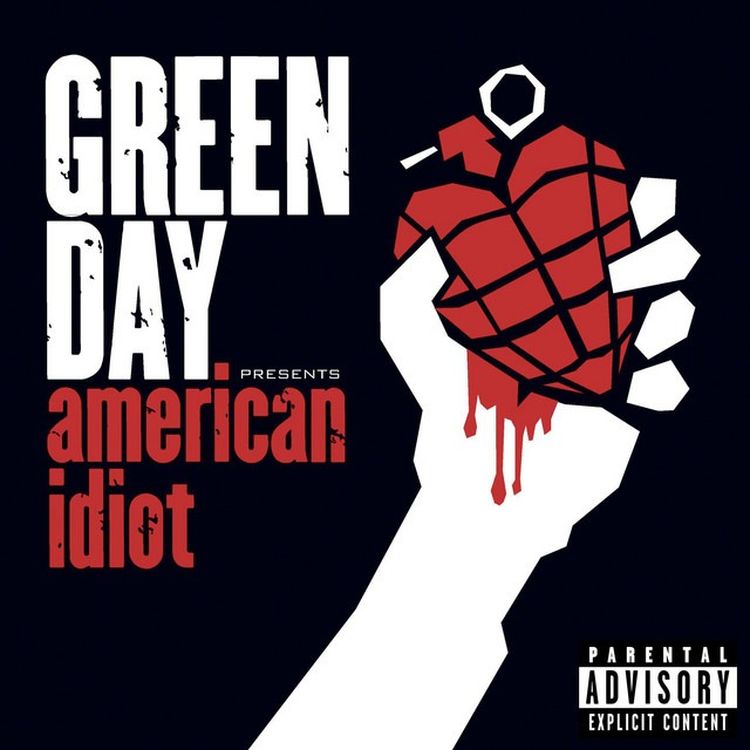
Green Day’s somber ballad carries more emotional weight than trying not to cry during sad dog commercials. Billie Joe Armstrong’s father died of cancer in September 1982 when Armstrong was only 10 years old. After the funeral, he locked himself in his room and spoke now-famous words to his mother that would later become this haunting title.
American Idiot track from 2004 transformed private grief into universal sorrow, proving emotional vulnerability rocks harder than any guitar solo. Armstrong has discussed this personal connection in interviews with MTV and Rolling Stone. He turned personal tragedy into an anthem resonating with anyone experiencing loss, showing even punk rockers have feelings deeper than those motivational posters at your dentist’s office.





















